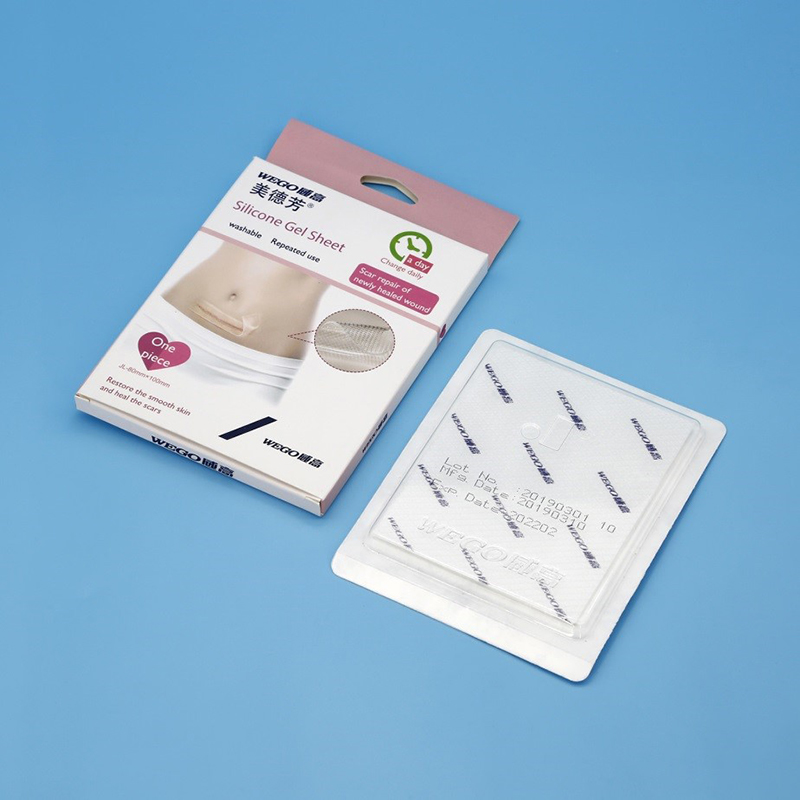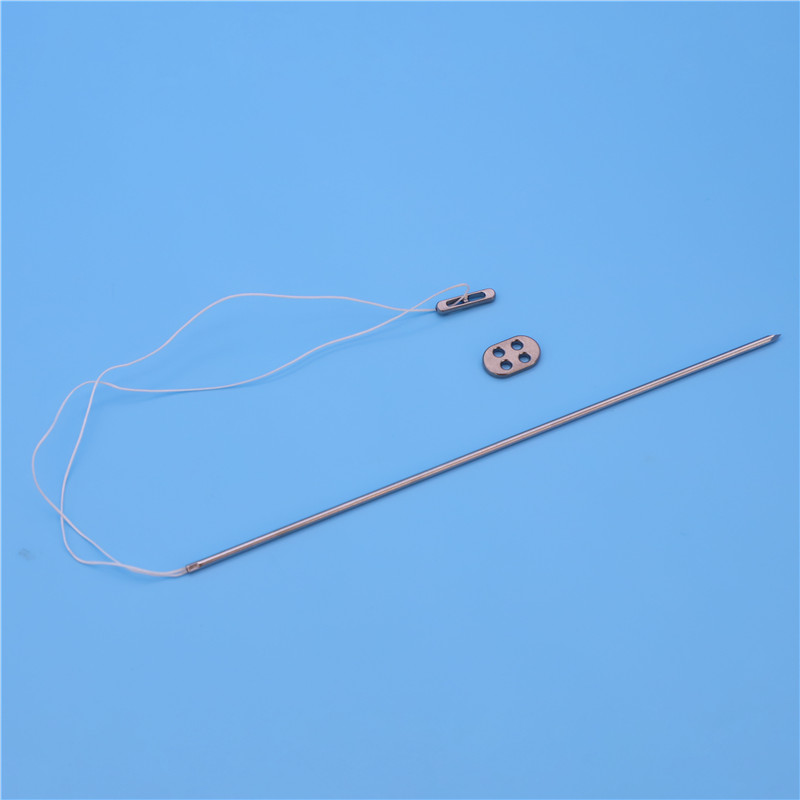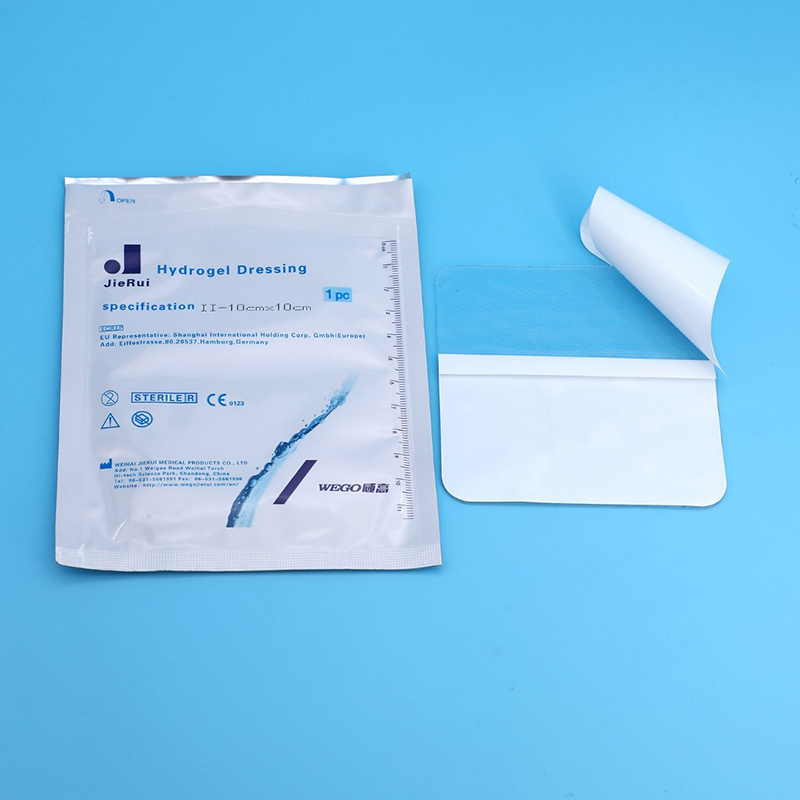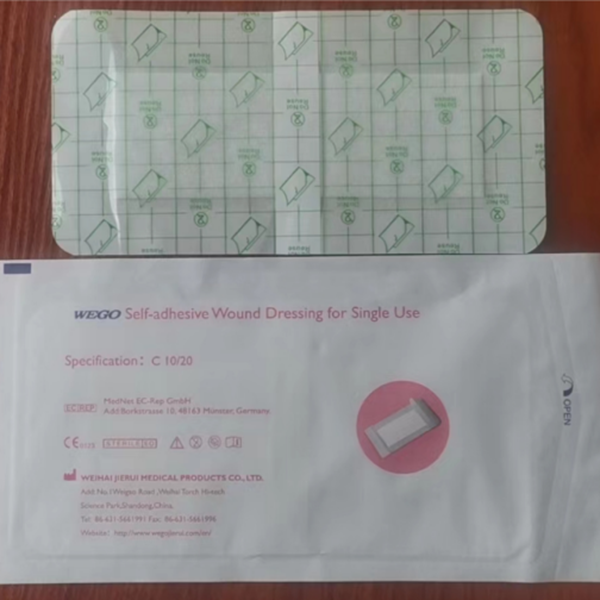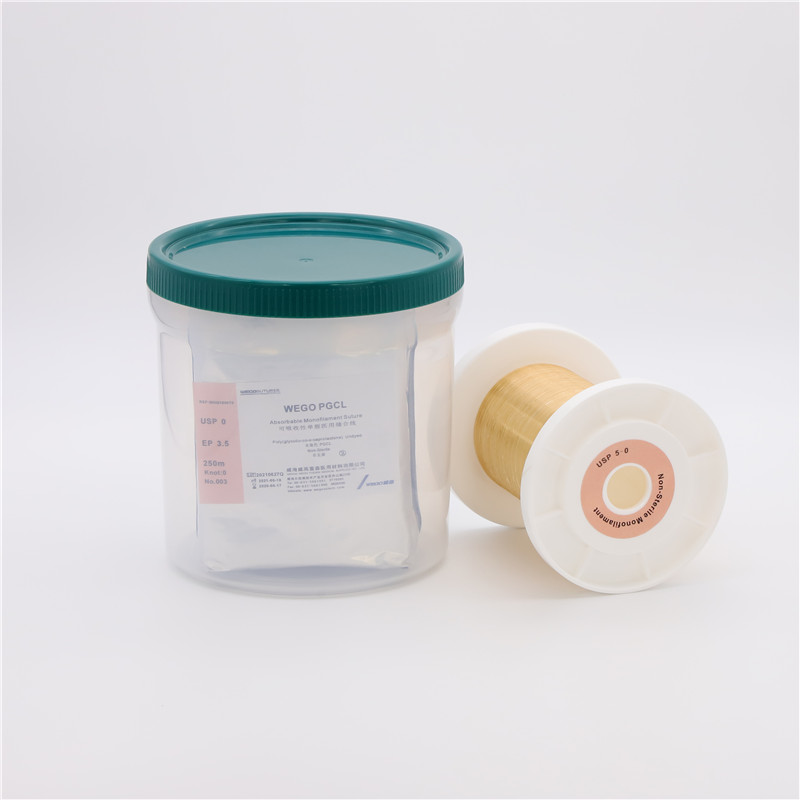Highly Effective Scar Repair Products – Silicone Gel Scar Dressing
Scars are the marks left by wound healing and are one of the end results of tissue repair and healing. In the process of wound repair, a large amount of extracellular matrix components mainly composed of collagen and excessive proliferation of dermal tissue occur, which can lead to pathological scars. In addition to affecting the appearance of scars left by large-scale trauma, it will also lead to different degrees of motor dysfunction, and local tingling and itching will also bring certain physical discomfort and psychological burden to patients.
Commonly used methods for treating scars in clinical practice are: local injection of drugs that inhibit the proliferation of collagen-synthesizing fibroblasts, elastic bandages, surgery or laser excision, topical ointment or dressing, or a combination of several methods. In recent years, treatment methods using silicone gel scar dressings have been widely adopted due to their good efficacy and ease of use. Silicone gel scar dressing is a soft, transparent and self-adhesive medical silicone sheet, which is non-toxic, non-irritating, non-antigenic, safe and comfortable to apply to human skin, and is suitable for various types of hypertrophic scars.
There are several mechanisms by which silicone gel scar dressings can inhibit the growth of scar tissue:
1. Containment and Hydration
The healing effect of scars is related to the humidity of the skin environment at the time of treatment. When a silicone dressing is covered on the surface of the scar, the evaporation rate of water in the scar is half that of normal skin, and the water in the scar is transferred to the stratum corneum, resulting in a water accumulation effect in the stratum corneum, and the proliferation of fibroblasts and the deposition of collagen are affected. Inhibition, so as to achieve the purpose of treating scars. A study by Tandara et al. found that the thickness of the dermis and epidermis decreased after two weeks of application of silicone gel in the early stage of scarring due to reduced stimulation of keratinocytes.
2. The role of silicone oil molecules
The release of small molecular weight silicone oils into the skin can affect the scar structure. Silicone oil molecules have a significant inhibitory effect on fibroblasts.
3. Reduce the expression of transforming growth factor β
Studies have shown that transforming growth factorβcan promote the proliferation of scars by stimulating the growth of epidermal fibroblasts, and silicone can inhibit scarring by reducing the expression of transforming growth factorsβ.
Note:
1. Treatment times vary from person to person and depend on the nature of the scarring. However, on average and if used correctly you can expect best results after 2-4 months of use.
2. At first, silicone gel scar sheet should be applied to the scar for 2 hours a day. Increasing by 2 hours a day to allow your skin to get used to the gel strip.
3. Silicone gel scar sheet can be washed and re-used. Each strip lasts between 14 and 28 days, making it a very cost-effective scar treatment.
Precautions:
1. Silicone gel scar dressing is for use on intact skin and must not be used on open or infected wounds or over scabs or stitches.
2. Do not use ointments or creams under the gel sheet
Storage Condition / Shelf Life:
Silicone gel scar dressing should be stored in cool, dry and ventilated environment. The shelf life is 3 years.
Store any leftover gel sheet in the original package in dry environment at temperature lower than 25℃.


